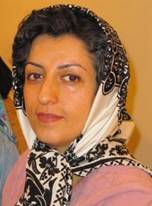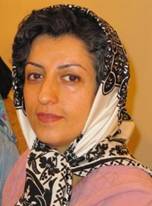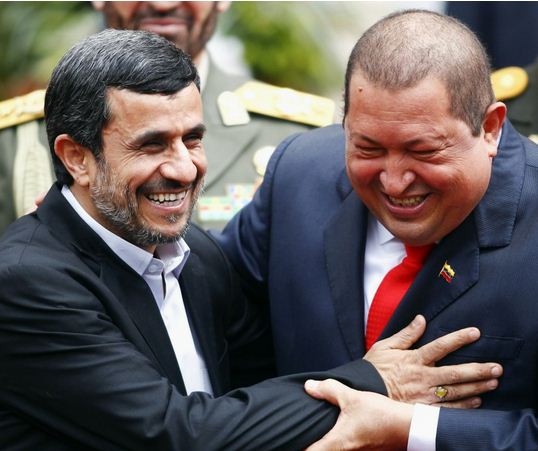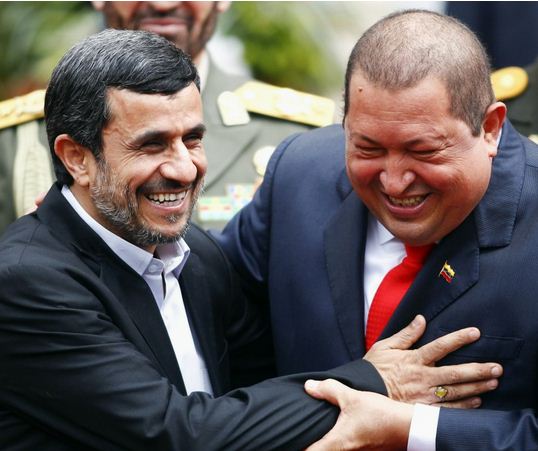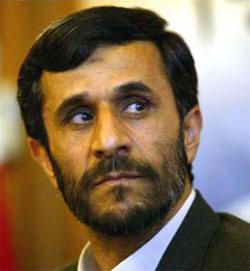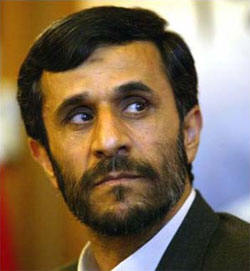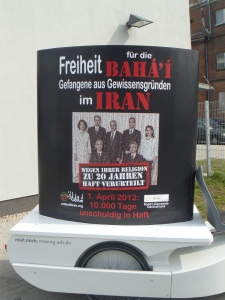News of the Prisoners
A- Transfers
- On day 56 of hunger strike Human Rights activist Mohammad Sedigh Kaboudvand was admitted to hospital for 2 hours then returned to Evin.
- Narges Mohammadi is back in prison.
- Vahid Rastgoo transferred to methadone ward in Tabriz prison.
B- Arrests/Incarcerations
- Mitra Aali was transferred to Evin 350 to start serving her 1 year prison term.
- Ashkan Alhayari begins serving his 1 year sentence in Evin.
- Goudarz Beidaghi Baha’i from Semnan begins serving his 1 year sentence
- Human Rights activist, Dr Ehsam Firouzi started his 18 Month prison sentence in Evin.
- Habib Halefi, political Arab activist, arrested at home.
- Abtin Jahanian, begins serving his 3 year sentence in Evin.
- Adibeh Kalantari, Kurdish student, arrested.
- Ali Mola Haji, student in Ghazvine University, begins serving his 3 year sentence in Evin.
- Shamim Naeemi, Baha’i, arrested after summon in Tehran.
- Mansour Naghipour, human rights activist, begins serving his 7 year sentence in Evin.
- Zohreh Nikaeen, mother of a five month-old baby, begins serving her 23 month sentence.
- Baha’i Aziz Samandari jailed in Iran for 5 years.
- Ahmad Shariat the regime supporter blogger arrested.
- Taraneh Torabi, mother of a one month baby, summoned to serve her 23 month sentence .
- Nahid Zahraei, Baha’i, arrested at home in Tehran.
C-Liberations
- Hasan Asadi-Zeidabadi, Advar member, released on bail on furlough.
- Mojtaba Karimi, Esfahan University student activist, released on bail.
- Ali Malihi, Advar member, released on bail on furlough.
- Civil activist Hashem Mirzaei has been released on bail from Tabriz prison.
- Erfan Mohammadi, Esfahan University student activist, released on bail.
- Farahnaz Naeemi, Baha’i, released on bail.
- Bakhtiar and Farin Rasekhi, Baha’is, released on bail.
- Amin Zargarnezhad freed on bail.
D-Other News
- Syrian-born Kurdish political prisoner Ramezan Ahmad Kamal serving 10-year sentence, on hunger strike.
- Kurdish journalist/Human Rights activist Mohammad Sedigh Kaboudvand has ended his hunger strike.
News of injustice in Iran
- Naser Behjati sentenced to 1.5 years in prison in Mahabad.
- Ali Borna sentenced to 3 years in prison in Mahabad.
- Soleiman Cheragh-Manan sentenced to 4 years in prison in Mahabad.
- Mohammad Ebrahimzadeh sentenced to 1 year in prison in Mahabad.
- Baha’i Ehsan Erfani has been sentenced to 1 year in prison by the Revolutionary Court in Semnan.
- Akbar Gavili, Kurdish environmentalist, sentenced to 2 years in Sanandaj.
- Osman Ghadernezhad sentenced to 4 years in prison in Mahabad.
- Mohammad–Amin Ghaderzadehsentenced to 5 years in prison in Mahabad.
- Zanyar Ghaderzadeh sentenced to 3 years in prison in Mahabad.
- Esmail Hamzehpour sentenced to 5 years in prison in Mahabad.
- Morad Hasanzadeh sentenced to 1 year in prison in Mahabad.
- Political/civil activist Roozbeh Khanpayeh has been sentenced to 4,5 years in prison + 8 months suspended sentence.
- Gholamreza Khosravi Savadjani to be executed August 11.
- Veria Khosravi, Kurdish environmentalist, sentenced to 4 years in Sanandaj.
- Former MP and Participation Front member Rajabali Mazrouie has been sentenced to 18 months in prison + 5 year ban on journalism.
- Ali and Chia Molanezhad sentenced to 5 years in prison each in Mahabad.
- Osman Molanezhad sentenced to 10 years in prison in Mahabad.
- Samkoo Osmani sentenced to 18 months in prison in Mahabad.
- Human Rights activist Dr.Yousef Pourseifi sentenced to 5 years and 6 months in prison.
- Ghasem Rahimi sentenced to 1 year in prison in Mahabad.
- Kamran Rahimi, Kurdish environmentalist, sentenced to 3 years in Sanandaj.
- Soleiman Rahimzadeh, and brothers Kaveh and Loghman Saleki sentenced to 4 years in prison in Mahabad.
- Davoud Shiri, environmentalist, sentenced to 4 months in Tabriz.
- Naser Tarighi sentenced to 5 years in prison in Mahabad.
- Anwar and Mohammad Yazid-Doost sentenced to 2 years in prison each in Mahabad.
- 22 years old man convicted of cutting off a finger of another man during a fight is sentenced to hand amputation as retribution.
- Siyasat Rooz magazine was exonerated of charges of publishing lies.
- 17 years old receives the death penalty for committing murder when 15.
- A man was hanged in Ilam on Tuesday.
University – Culture
- Police continue with raiding the homes and collecting satellite dishes, this time in Bukan.
- Ershad Ministry has banned billboards for foreign travel, except for pilgrimage.
- Parviz Piran, prominent professor of Sociology expelled from Allameh Tabatabaie University.
Protests
- First protest during 2012 against economic conditions in Nishapur, north-eastern Iran.
Economy in Iran
- Iran introduces 3-tiered foreign exchange rate: USD at 1226, 1500, and 1910 tomans.
- Iran to import 20,000 tons of frozen chicken from Brazil.
- Food prices in Iran up 37% since last year’s Ramadan.
- Workers owed 4 month wages at Ziviea Dam project.
- Iran to import wheat from Pakistan in exchange for chemical fertilizers
- Iran Khodro says it can live without PSA.
- Ahvaz Pipe Factory workers have not been paid for 20 months.
- Iran stops selling subsidized foreign currency to Iranians traveling abroad.
Iranabroad
- New diplomatic crisis: Yemen officials have threatened to expel all Iran embassy diplomats.
- India bars 3 Iranian banks on security fears.
- Iran denies news reports of death in Damascus, Syria, of IRGC’s Ghassem Soleimani, a commander of the Ghods Force.
- Inaugural Elizabeth Taylor Award given to Arash and Kamran Alaei for their work on HIV/AIDS in Iran.
- Iran builds 1st tanker for Venezuela.
- Ali Saeedlou, vice president for foreign affairs, received Syria‘s deputy prime minister in Tehran, and called for expansion of trade between the two countries.
- Student bassiji protest against Bahrain presence in non-aligned meeting to be held in Tehran.
Politics in Iran
- Iran began leasing agricultural land to Qatar as of 8 months ago.
- Mojtaba Vahedi breaks ties to Karroubi, so he can pursue overthrow of regime.
- Brother of Quds Force commander Ghassem Soleimani, Sohrab Soleimani – Director General of Tehran Province prisons – dismissed on charges of embezzlement and corruption and arrested; he was stealing prisoners’ and guards’ food rations.
- Illegal residents being processed by the thousands: official.
- Iran province of Kohgiluyeh and Boyer-Ahmad bans transport of chicken across state lines.
Miscellaneous
- 65% of Lake Urmia has dried up.
- Iran nuclear energy facility hit with malware that plays AC/DC at full volume.
- 143 traditional tea and coffee houses closed in Karaj.
